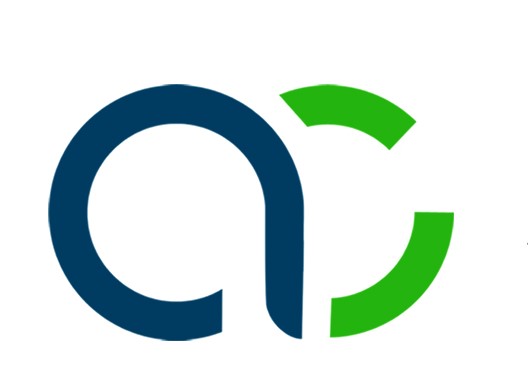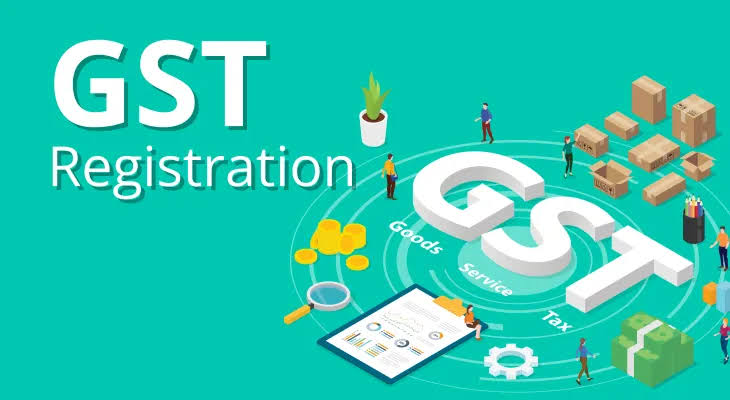ITR-4 for AY 2023-24
Income Tax Return (ITR)
filing is an essential process for taxpayers in India. For individuals and
businesses opting for the presumptive taxation scheme, ITR-4 (Sugam) is the
relevant form. In this blog, we’ll explore everything about ITR-4 for the
Assessment Year (AY) 2023-24, covering eligibility, structure, filing process,
and recent updates.
What is ITR-4? , Who Should File ITR-4? , Structure of ITR-4 and Presumptive Taxation Scheme
What
is ITR-4?
ITR-4, also known as
Sugam, is a simplified income tax return form for taxpayers who have opted for
the presumptive taxation scheme under sections 44AD, 44ADA, or 44AE of the
Income Tax Act. This scheme is designed to provide relief to small taxpayers by
reducing the compliance burden.
Who
Should File ITR-4?
ITR-4 is applicable to:
·
Individuals, Hindu Undivided Families
(HUFs), and firms (other than LLPs) resident in India.
·
Taxpayers whose total income includes:
o
Business income under section 44AD or
44AE.
o
Professional income under section 44ADA.
o
Salary/pension.
o
Income from one house property
(excluding cases where loss is brought forward from previous years).
o
Income from other sources (excluding
winnings from lottery and income from racehorses).
Structure
of ITR-4
The ITR-4 form is
divided into the following parts:
Part
A:
General Information - Basic details of the taxpayer such as name, PAN, address,
date of birth, Aadhaar number, etc.
Part
B:
Gross Total Income - Details of income from various sources including
presumptive income, salary/pension, house property, and other sources.
Part
C:
Deductions and Total Income - Deductions under Chapter VI-A and computation of
total income.
Part
D:Tax
Computation and Tax Status - Computation of tax liability, rebate, and tax
payments.
Part
E:
Other Information - Bank account details and other mandatory disclosures.
Verification
-
Declaration by the taxpayer regarding the correctness of the information
provided.
Presumptive
Taxation Scheme: Sections 44AD, 44ADA, and 44AE
1.
Section 44AD:
·
Applicable to small businesses with a
turnover of up to ₹2 crores.
·
Income is presumed at 8% of the turnover
or gross receipts (6% in case of digital transactions).
2.
Section 44ADA:
·
Applicable to professionals like
doctors, lawyers, architects, etc., with gross receipts up to ₹50 lakhs.
·
Income is presumed at 50% of the gross
receipts.
Section
44AE:
·
Applicable to taxpayers involved in
plying, hiring, or leasing goods carriages.
·
Income is presumed at ₹7,500 per month
per vehicle for heavy goods vehicles.
How to File ITR-4? and Key Changes and Updates for AY 2023-24
How
to File ITR-4?
Online
Mode (Recommended)
1.
Login:
Go to the Income Tax e-Filing portal and log in using your user ID and
password.
2.
Select
ITR-4: Under the 'e-File' section, select 'Income Tax
Return' and choose 'ITR-4'.
3.
Fill
in Details: Enter the relevant details in each
section of the form.
4.
Upload
and Submit: After filling in all details, validate the form,
generate XML, and upload it on the portal.
5.
E-Verify:
Verify the return using Aadhaar OTP, EVC, or by sending a signed physical copy
of ITR-V to CPC, Bengaluru.
Key
Changes and Updates for AY 2023-24
·
Increased Turnover Limit: The turnover
limit for businesses under section 44AD has been increased to ₹2 crores.
·
Digital Transactions Benefit: Lower
presumptive income rate (6%) for digital transactions continues.
·
New Disclosure Requirements: Enhanced
disclosure requirements for bank account details and other financial
information.
Important
Points to Remember
·
Timely Filing: Ensure to file the return
by the due date to avoid penalties.
·
Accurate Information: Double-check all
details and documents to ensure accuracy.
·
Audit Requirements: If your income is
more than the prescribed limit under the presumptive scheme, you may need to
get your accounts audited.
Conclusion
:
Filing ITR-4 can
significantly simplify the tax filing process for small businesses and professionals
opting for the presumptive taxation scheme. By understanding the eligibility,
structure, and filing procedure, taxpayers can ensure compliance and avoid
potential penalties. Stay updated with the latest changes to make the most of
the benefits offered by the Income Tax Department.
NOTE
:
For more information
and assistance, you can visit the Income Tax Department’s official website or
consult with a tax professional.






